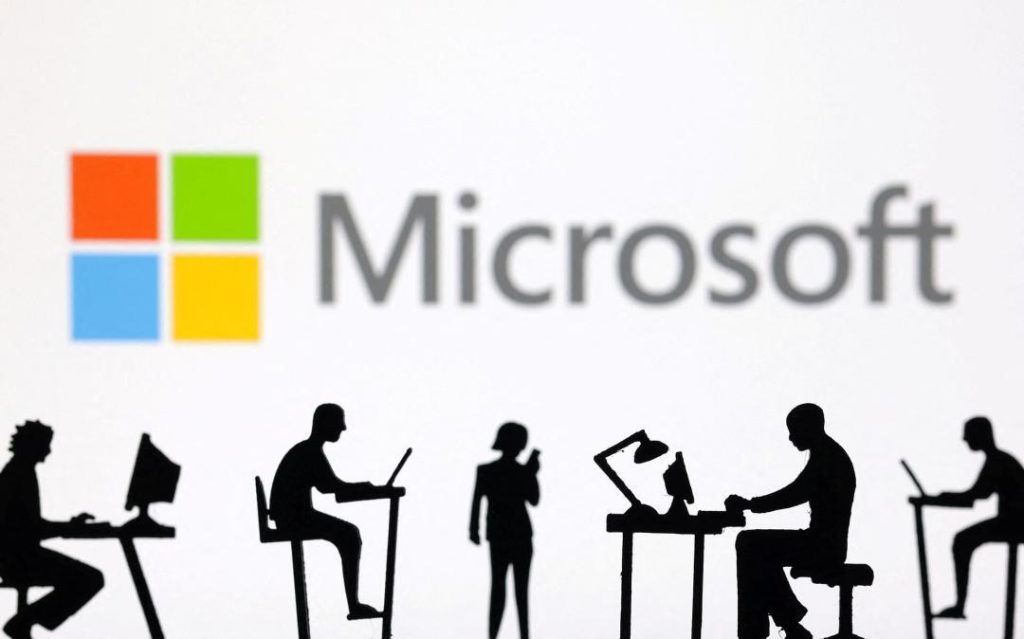
Microsoft will not rehire low performers for 2 years: Report
In a move to revamp its employee performance policies, Microsoft has reportedly introduced new rules that prohibit the rehiring of low performers for a period of two years. According to an email seen by Business Insider, the revised policy aims to hold employees accountable for their performance and encourage them to improve.
The email states that former employees who left the company with zero or 60% rewards, which falls under the lowest performance bracket, or those who were terminated during or after a Performance Improvement Plan (PIP) will not be eligible for rehire until two years after their termination date. Additionally, low performers will not be eligible for internal transfers within the company.
This new policy is a significant departure from Microsoft’s previous approach to handling underperforming employees. In the past, the company has been known to offer second chances to employees who have struggled to meet performance expectations. However, it appears that Microsoft is adopting a more rigid stance in an effort to improve overall employee performance and morale.
The decision to implement this new policy comes as Microsoft continues to navigate a highly competitive and rapidly changing technology landscape. In recent years, the company has faced intense pressure to innovate and adapt to shifting market trends, which has led to a greater emphasis on performance and productivity.
It’s worth noting that Microsoft’s new policy is not without precedent. Many other companies have implemented similar policies aimed at reducing the likelihood of rehiring underperforming employees. For example, some companies have implemented “no-rehire” clauses in their employee contracts, which prohibit employers from rehiring former employees who have been terminated due to poor performance.
Microsoft’s decision to adopt this policy may be seen as a bold move by some, but it’s also a reflection of the company’s commitment to excellence and its willingness to take bold action to achieve its goals. By holding employees accountable for their performance, Microsoft is sending a clear message that it values hard work and dedication, and that underperforming employees will not be tolerated.
The impact of this policy on Microsoft’s employee base remains to be seen. However, it’s likely that the company will see an improvement in overall performance and morale as a result of this new policy. By setting clear expectations and holding employees accountable for their work, Microsoft is creating a culture that values excellence and rewards hard work and dedication.
It’s also worth noting that Microsoft’s new policy may have a positive impact on the company’s bottom line. By reducing the likelihood of rehiring underperforming employees, Microsoft can avoid the costs associated with retraining and reboarding new employees. Additionally, the company can focus its resources on hiring and developing top talent, which can help drive innovation and growth.
In conclusion, Microsoft’s decision to prohibit the rehiring of low performers for two years is a significant development in the world of employee performance management. While it may be seen as a bold move by some, it’s also a reflection of the company’s commitment to excellence and its willingness to take bold action to achieve its goals. As the company continues to navigate the rapidly changing technology landscape, it’s clear that Microsoft is committed to creating a culture that values hard work and dedication, and that underperforming employees will not be tolerated.






